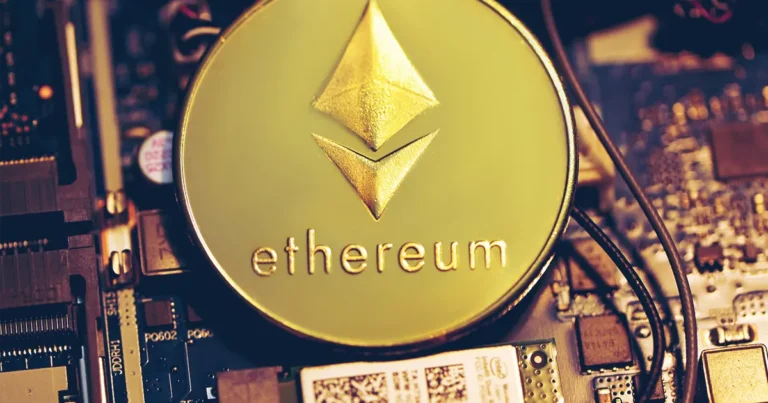24-6-2025 – A bold proposal to transform Ethereum’s blockchain dynamics has emerged, with core developer Barnabé Monnot unveiling Ethereum Improvement Proposal 7782 (EIP-7782) on June 21. The plan, first drafted in October 2024, seeks to halve the network’s block time from 12 seconds to six, a change poised to turbocharge transaction speeds and elevate user experience. Slated for inclusion in the Glamsterdam update, expected in late 2026, this overhaul aims to cement Ethereum’s role as a swift and efficient settlement layer, amplifying its economic value.
Monnot’s vision hinges on accelerating the rhythm of Ethereum’s operations. By doubling the frequency of block proposals, EIP-7782 promises faster transaction confirmations, ensuring wallets display fresher data and onchain updates occur more seamlessly. This responsiveness would ripple across decentralized applications (DApps), layer-2 networks, and decentralized finance (DeFi) platforms, where quicker price updates on exchanges could curb arbitrage losses and foster greater liquidity. Lower trading fees and stronger network effects are among the anticipated benefits, positioning Ethereum as a more agile and competitive blockchain.

The proposal outlines precise adjustments to the blockchain’s subslot timings: block proposal time would shrink from four seconds to three, while attestation and aggregation times would each drop from four seconds to 1.5 seconds, collectively slashing the slot time by half. Monnot argues that these changes, coupled with anticipated scaling advancements—such as blocks with triple the current gas limit and eightfold blob supply by 2026—would make Ethereum faster and more cost-effective, enhancing its appeal to users and developers alike.
Yet, the path to implementation is not without hurdles. Shorter block times could strain validators with slower systems or weaker connections, as tighter timing demands intensify. More frequent consensus messages would increase bandwidth requirements, and peak usage periods risk network congestion. To mitigate these challenges, rigorous testing is essential to ensure smart contracts function smoothly and the network remains stable.


